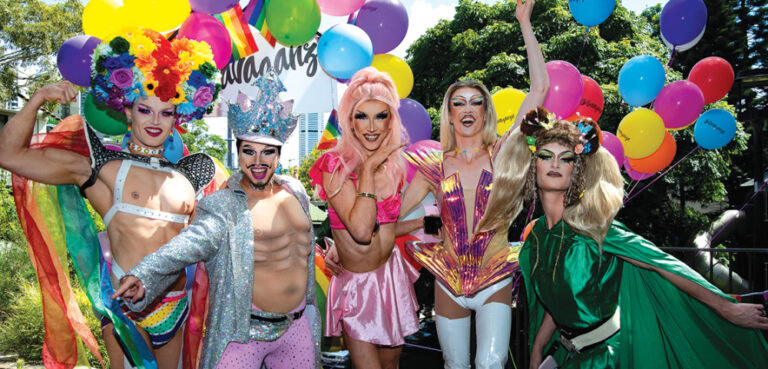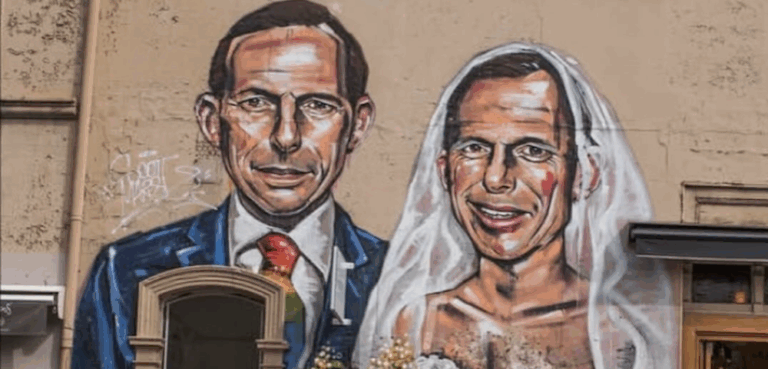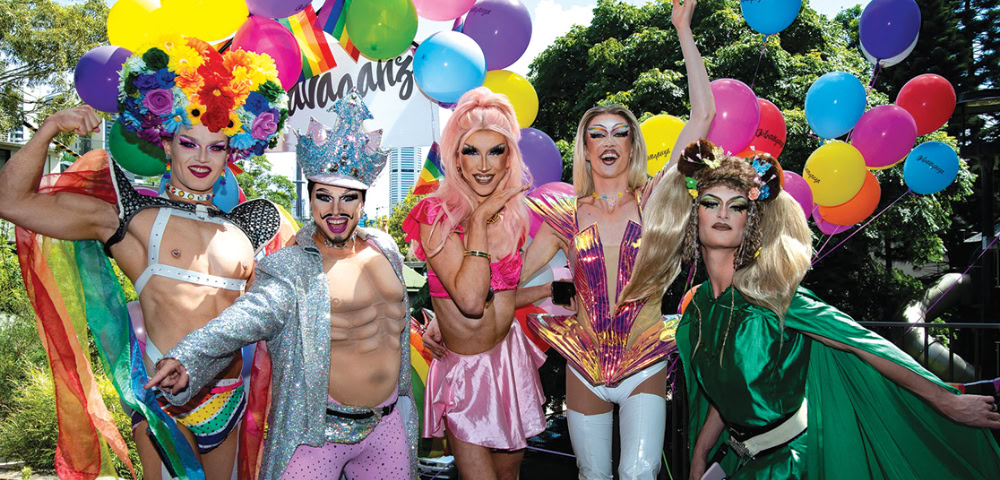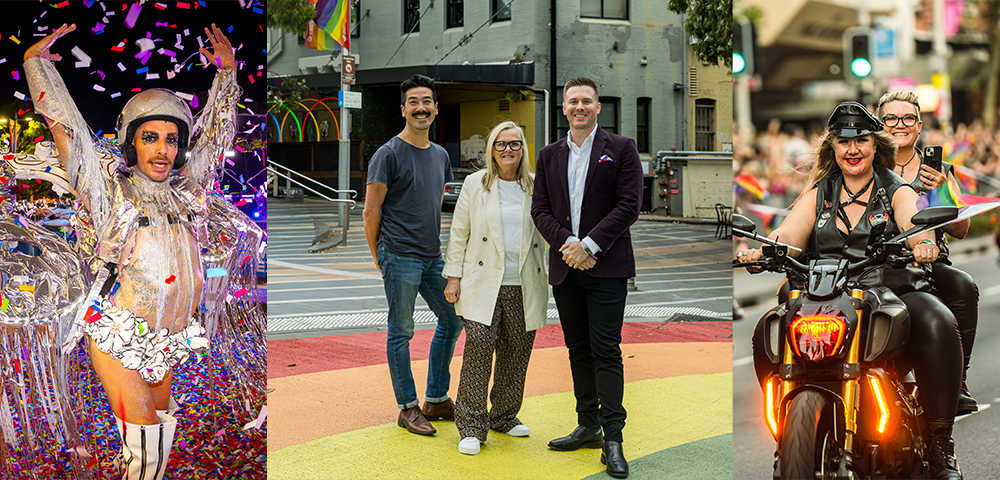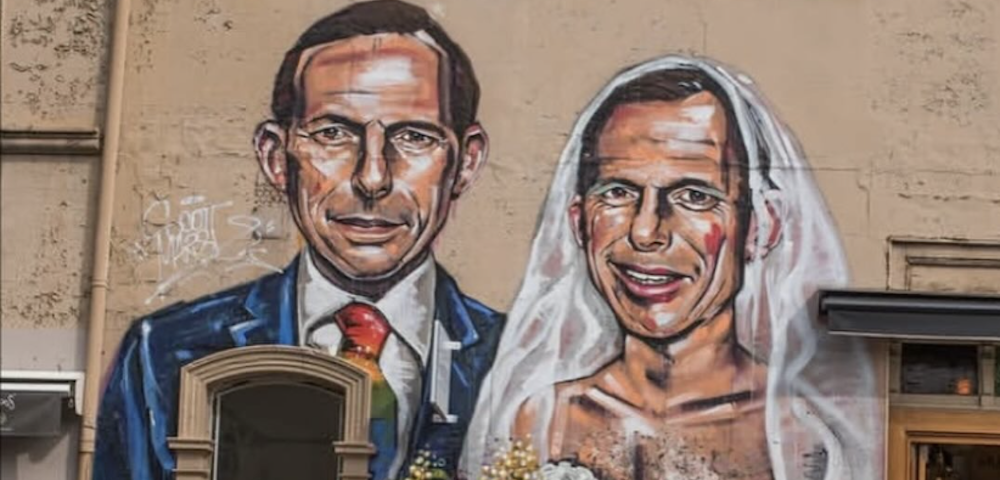
What choice do we have?
The coming election could be the most important federal election to date for gay men and lesbians. Generally, we don’t vote on just one issue, be it queer issues or others, but when casting our vote it’s important to be informed of the position of candidates on rights issues affecting our community. Many gay and lesbian voters will also be influenced by the track record of the parties on issues important to us.
To inform your vote, the GLRL, in partnership with ACON, has surveyed the major parties on the key rights issues in 2004. We have also compiled a timeline comparing the records of the coalition and Labor since 1983. Copies of these are available at www.glrl.org.au.
During the past 10 years lesbians and gay men have celebrated numerous victories for our rights at a state level. In stark contrast, no comprehensive reforms have been advanced federally, where same-sex couples continue to be denied rights afforded to heterosexual couples in areas such as Medicare, taxation, immigration, defence forces and superannuation. Our families aren’t recognised under federal law and lesbians and gay men do not have adequate federal protection from discrimination. Recently, John Howard used our rights as a political wedge by introducing amendments to the Marriage Act, which were passed with support from Labor.
Over his three terms, John Howard’s repeated attacks on our community have confirmed his status as the most homophobic prime minister in Australian history. John Howard has said he would be disappointed if his child was gay, he cut immigration for same-sex partners, tried to ban IVF for lesbians, stood silently while Justice Michael Kirby was falsely accused by one of his senior ministers, Bill Heffernan, attacked our families on Play School, threatened to overturn the ACT same-sex couple adoption laws, and declared marriage as being about the survival of the species. Even though partial superannuation equality has been won under Howard, the prospect of future reform is grim so long as Howard is leader of the coalition. We can safely assume that we haven’t seen the last of John Howard’s attacks on our lives and relationships. In the eyes of many, Howard’s anti-gay rhetoric defines his socially conservative prime ministership.
After a decade of campaigning by the GLRL, Labor has finally committed to comprehensive federal reforms including anti-discrimination legislation and affording same-sex couples equal rights with heterosexual de factos across all federal legislation. Whilst we won’t have the right to marry, this will give same-sex de facto couples identical legal rights to married couples. Based on these commitments, there is a prospect of significant practical reform under Labor. However, Labor is yet to come to the table on federal recognition of lesbian and gay families. Further, Labor’s backflip on their commitment to await the Senate inquiry before voting on the gay marriage ban means voters may rightly be hesitant to fully trust them to deliver. Should Labor hold government, it will be the role of the GLRL, our community and our supporters to hold them to these promises.
Crucial to the success of any reforms are supportive independents and minor parties such as the Greens and Democrats. Both the Greens and Democrats have an exemplary track record in support of full legal equality and social justice. Generally, it is in the Senate, where they hold balance of power, that minor parties have been able to most effectively influence the policies of the major parties. Equally essential to reform are supportive individual MPs within the major parties, who advocate for us in party caucus rooms. Without these supportive individuals we risk our issues being discarded by the major parties.
When we cast our vote on 9 October, we have many considerations to balance and many options to express our views. Additional to the policy commitments of parties and the track record of individual candidates, we need to consider how to best make our vote count in each of the two houses. Given how close this election will be, where we direct our preferences and where they end up will be equally important. This election we are faced with prospects of no reform under a Howard-led coalition or significant practical reform under Labor.
The outcome on 9 October will determine the future of our fight for equality.
